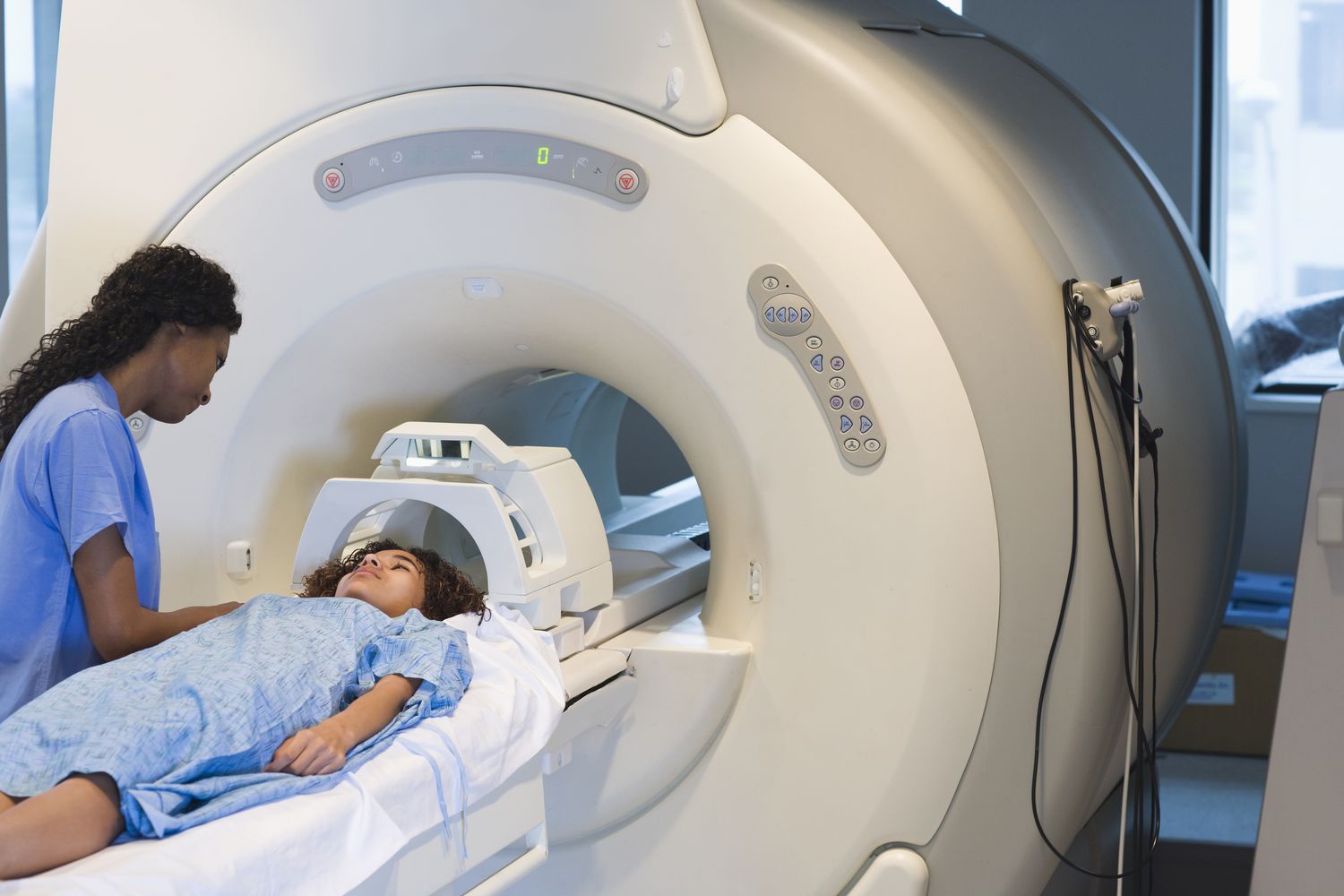Radiologists Are Uncertain if the Advantages of Full-Body MRI Outweigh the Hazards

Maria Menounos recently revealed that she had been diagnosed with pancreatic cancer and her journey to detecting the cancer through a full-body MRI scan has sparked discussions on the procedure’s efficiency and necessity. In an interview with People, Menounos shared her experience of being diagnosed with stage 2 pancreatic cancer in January 2023. After experiencing months of varied symptoms, Menounos agreed to do a whole-body MRI scan through a company called Prenuvo and it detected a 3.9-centimeter mass on her pancreas that was later confirmed as stage 2 pancreatic cancer. Following surgery, Menounos is now considered cancer-free and advocating for full-body MRI scans to be available and utilized for all Americans.
Radiologists, however, are not quick to make such a recommendation as there is no evidence-based data to show that full-body MRI scans in average-risk or asymptomatic people will save lives. Instead, the system is typically utilized for people with multiple myeloma, prostate cancer, and melanoma, as well as those with genetic mutations that predispose them to various cancers. The key benefit of these scans is possibly catching cancer earlier and determining tumor growth in individuals undergoing treatment like chemotherapy.
Facilities like Prenuvo have opened up across the country and can detect cancer and other diseases. While full-body screenings are not recommended for the general population, they are recommended for people with particular conditions and risk factors for cancer.
Whole-body MRIs won’t be able to detect every cancer and they can even miss some pathologies so they should not replace routine cancer screening procedures like colonoscopies, pap smears, and mammograms. “Whole-body MRI does not provide a ‘catch all’ MRI scan,” Dr. Brunsing said.
Prenuvo advises certain patients with localized pain to get a targeted diagnostic procedure. “Our team will often recommend this when a patient explains why they would like to come in,” Lacy stated.
Symptom location isn’t always indicative of where a disease may have taken root in the body—for example, shoulder blade pain can be a sign of gallbladder cancer—and this is where a full-body scan can be helpful.
Dr. Wang was surprised that Menounos’s CT scan didn’t detect the pancreatic tumor since CT and MRI scans are equally sensitive. That said, a targeted MRI on the abdomen—the location where she was experiencing the pain—would likely have picked up the tumor just as the full-body MRI did.
“A full-body MRI is really no better than a targeted MRI that targets a specific body part,” she stated.
There are a few setbacks to getting whole-body MRIs—the first of which is the high cost.
At Prenuvo, where scans are not covered by health insurance, a full-body scan will cost $2,499. At a doctor’s office, the cost can range from $400 to $12,000, however, it will heavily depend on your health insurance plan.
In general, a full-body scan is much more expensive than a targeted scan. The odds that your health insurance will cover the cost are greater for those who have a genetic predisposition.
In patients who don’t have a genetic risk factor, abnormal lab work, or concerning symptoms, there’s also a chance the full-body scan could pick up an incidental finding.
“You could discover things that may or may not matter at all,” Dr. Wang said. This could lead to a lot of unnecessary additional workups, like endoscopies or biopsies, she added, along with health anxiety.
For example, the scan could reveal a growth near the pancreas, and your doctor may order additional tests, some of which may be invasive and have risks, to get a better idea of what’s going on. In the end, the diagnosis may be a benign pancreatic cyst that doesn’t require treatment.
“Wonderful stories like Maria’s must be discussed in the context of the incidental findings that require further workup but ultimately post no risk to the patient,” Dr. Brunsing concluded, “which can cause anxiety and unnecessary interventions.”




